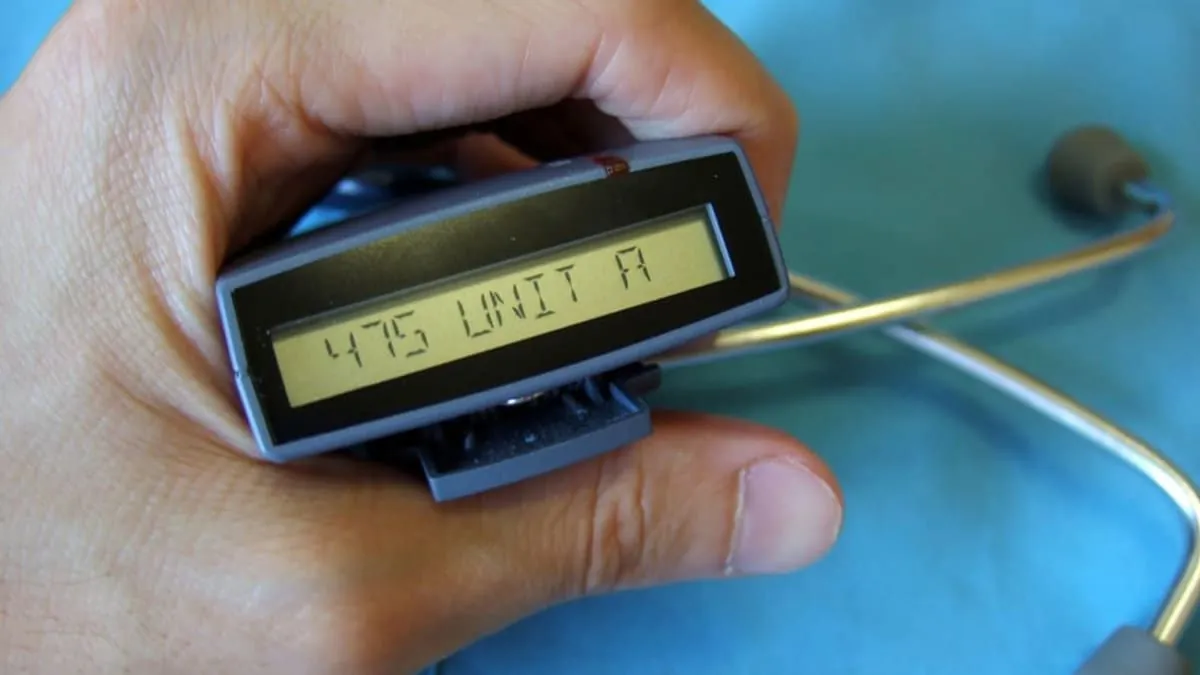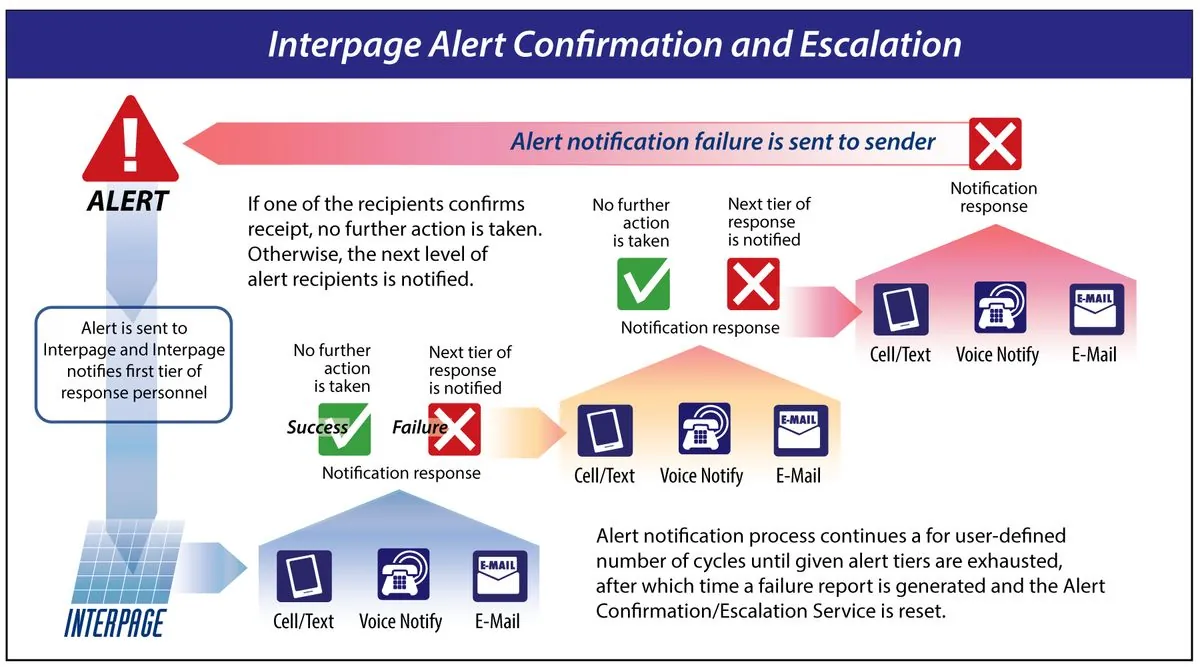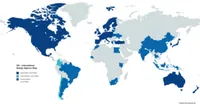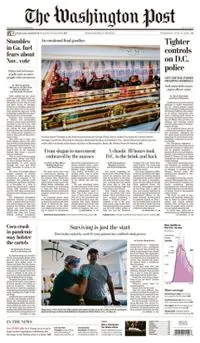Pagers: Obsolete Yet Vital in Healthcare and Emergency Services
Despite mobile phones' dominance, pagers remain crucial in healthcare and emergency services. Their durability, long battery life, and efficient communication capabilities keep them relevant in specific sectors.

In an era dominated by smartphones, the humble pager, once a ubiquitous communication device, has largely faded into obscurity. However, these small electronic devices continue to play a crucial role in specific sectors, particularly healthcare and emergency services.
The pager's journey began in the 1950s, with the first pager-like system introduced in Detroit's Jewish Hospital. By 1994, pager usage peaked with over 61 million devices in use worldwide. Today, while the global pager market is significantly smaller than the smartphone industry, it still generated $1.6 billion in revenue in 2023, according to Cognitive Market Research.
Dr. Sarah Johnson, a senior surgeon at a major UK hospital, explains the pager's enduring appeal in healthcare: "It's the cheapest and most efficient way to communicate to a large number of people about messages that don't need responses. It's used to tell people where to go, when, and what for."
The UK's National Health Service (NHS) remains a significant user of pagers. In 2019, the NHS utilized approximately 130,000 pagers, accounting for more than one in ten of the world's pager population. These devices are particularly valuable in hospital emergency departments, where doctors carry them while on call.
One of the pager's key advantages is its ability to broadcast voice messages to entire medical teams simultaneously during emergencies, a feature not readily available on mobile phones. This capability, combined with their durability and long battery life, makes pagers indispensable in critical situations.

Beyond healthcare, other organizations continue to rely on pagers. The Royal National Lifeboat Institution (RNLI) in the UK uses them to alert its crews, although the organization declined to comment on specific details.
Interestingly, pagers have also found a niche in less savory applications. Their relative difficulty to track compared to smartphones has made them popular among criminals, especially drug dealers in the United States. However, Ken Gray, a former FBI agent with 24 years of service, notes that this trend is changing: "They all went to cell phones, burner phones," which are easily disposable and replaceable.
Despite their limited market share, pagers are experiencing a resurgence in demand, particularly in the healthcare sector. The Cognitive Market Research report forecasts a compound annual growth rate of 5.9% from 2023 to 2030, driven by the need for efficient communication in an expanding patient population.
While pagers may seem like relics of the past, their unique features and reliability ensure their continued relevance in specific industries. As technology evolves, these devices serve as a reminder that sometimes, older technologies can still offer unparalleled benefits in certain contexts.
"It's the cheapest and most efficient way to communicate to a large number of people about messages that don't need responses."


































